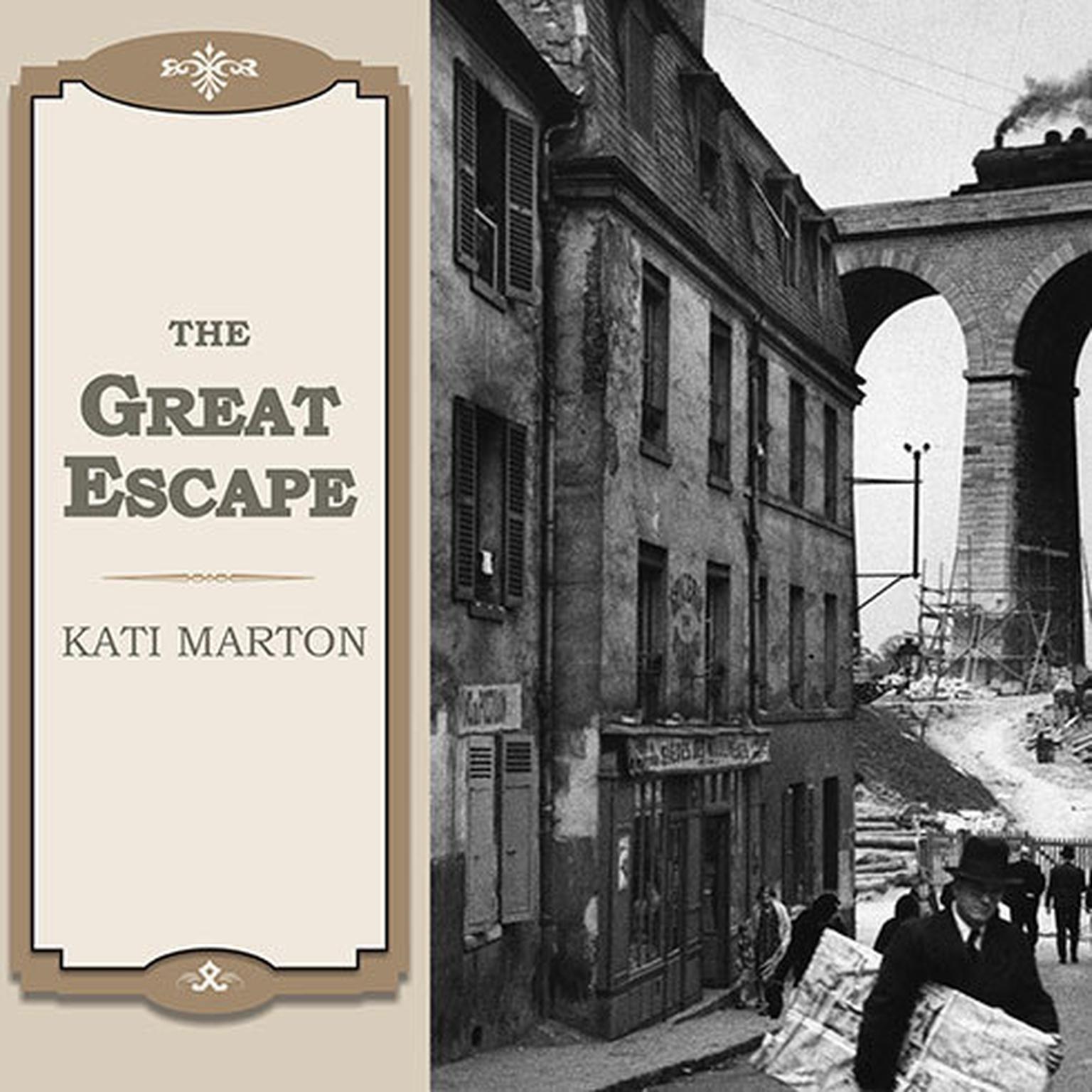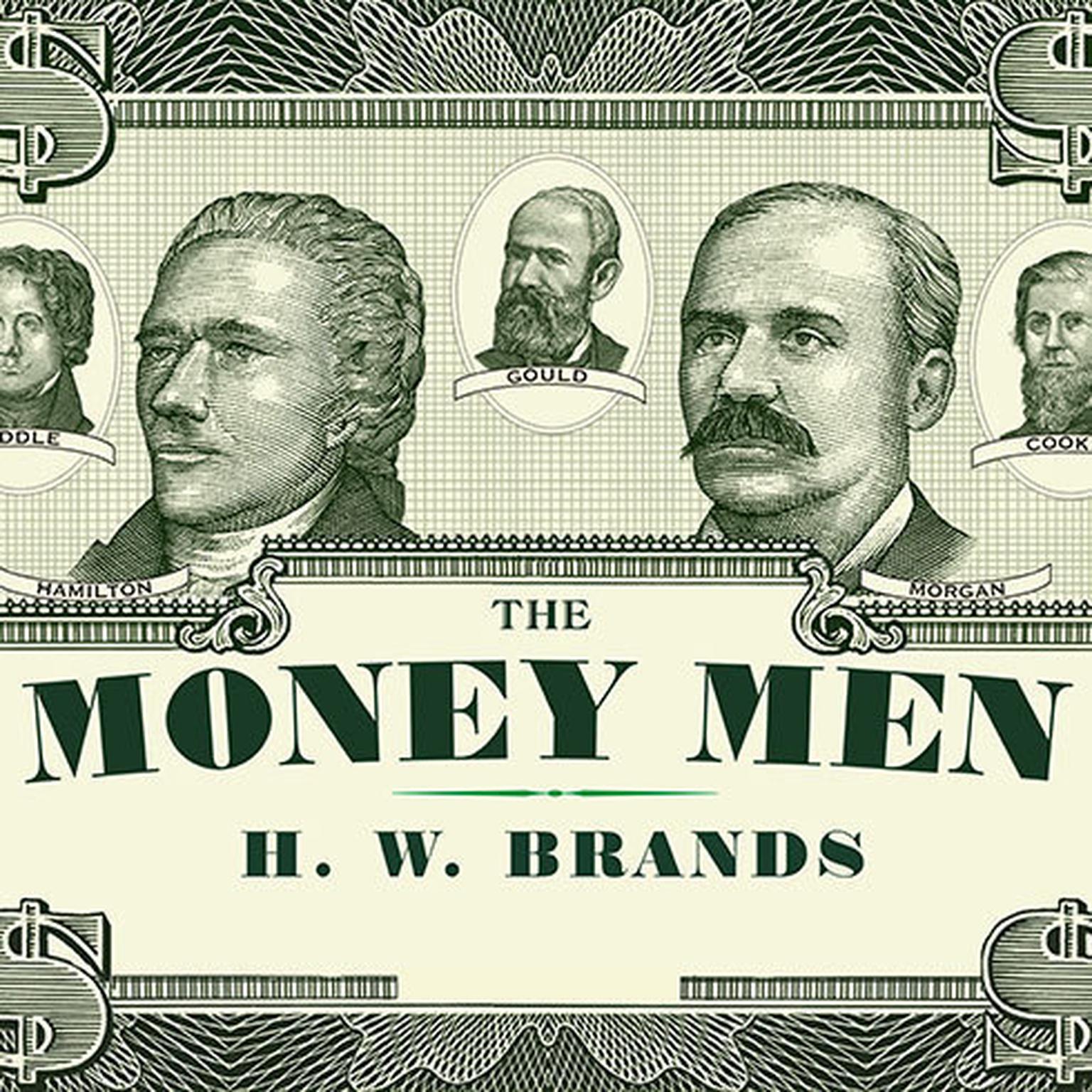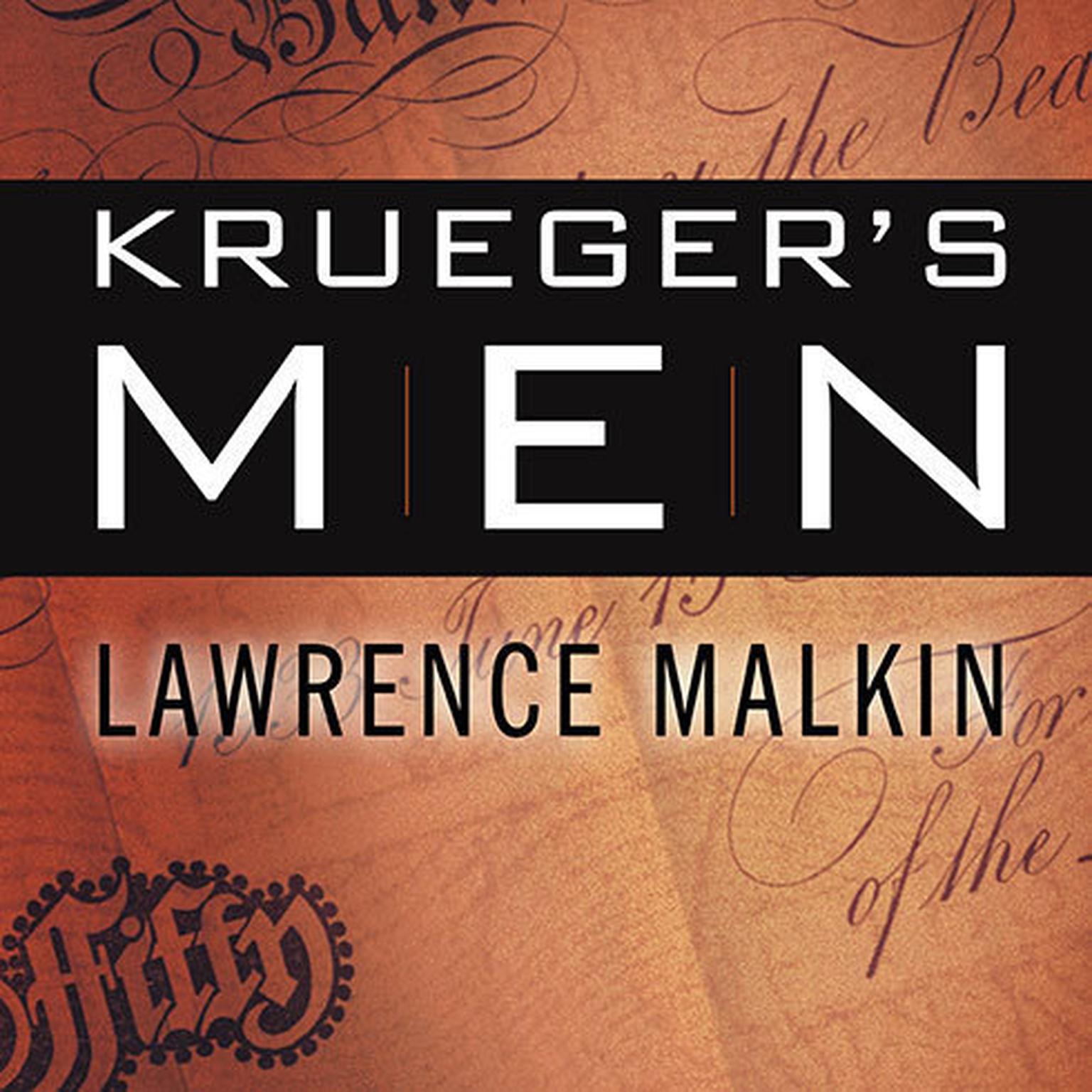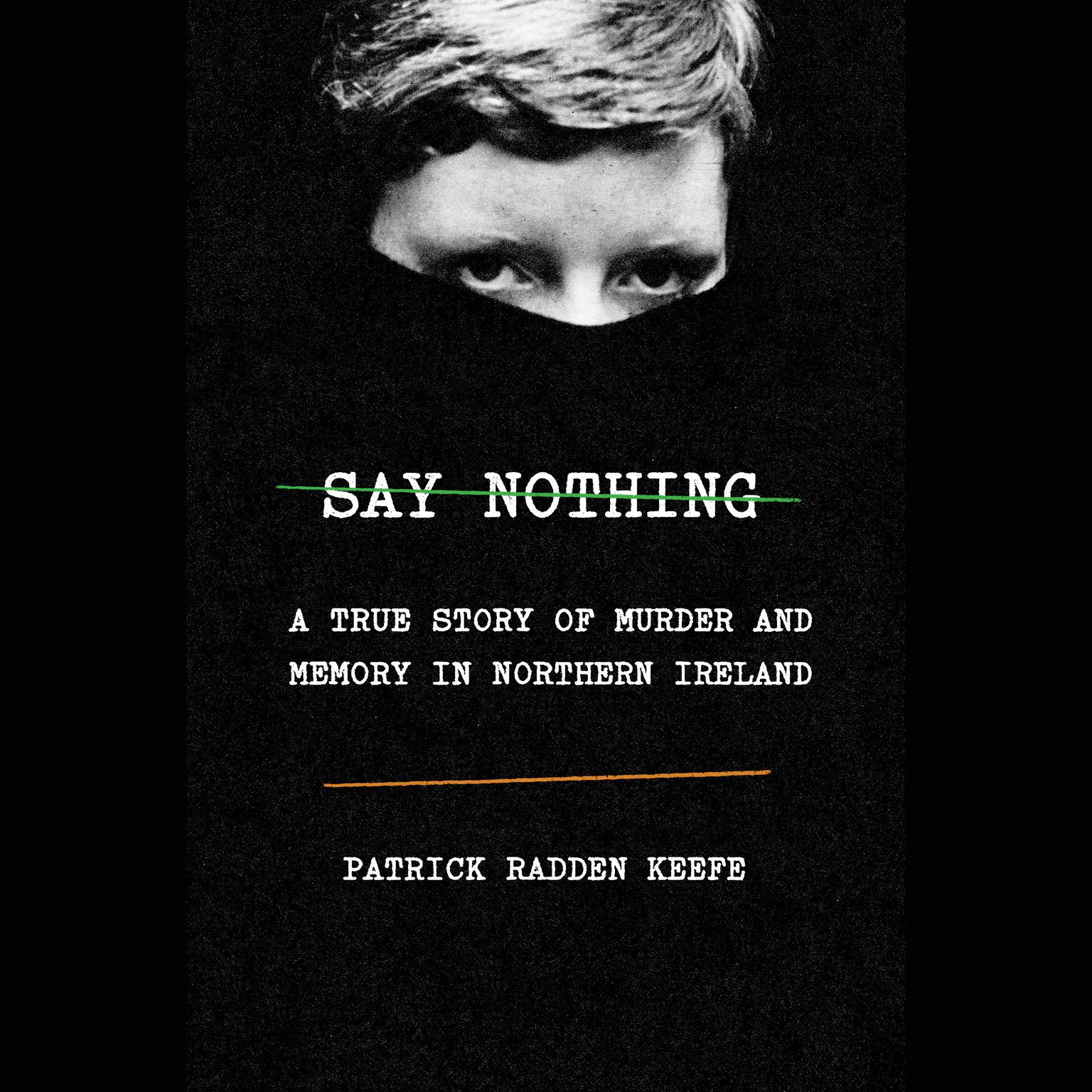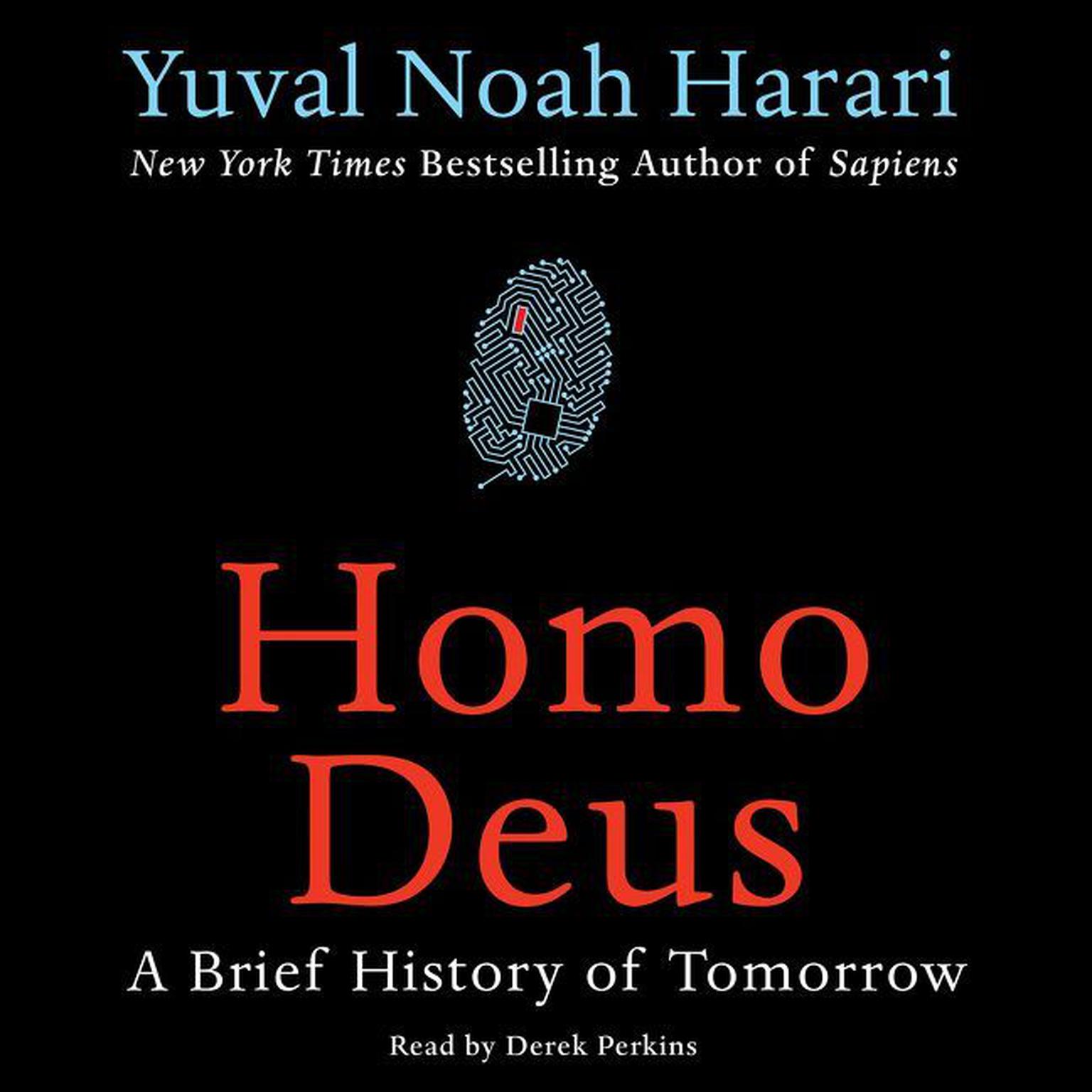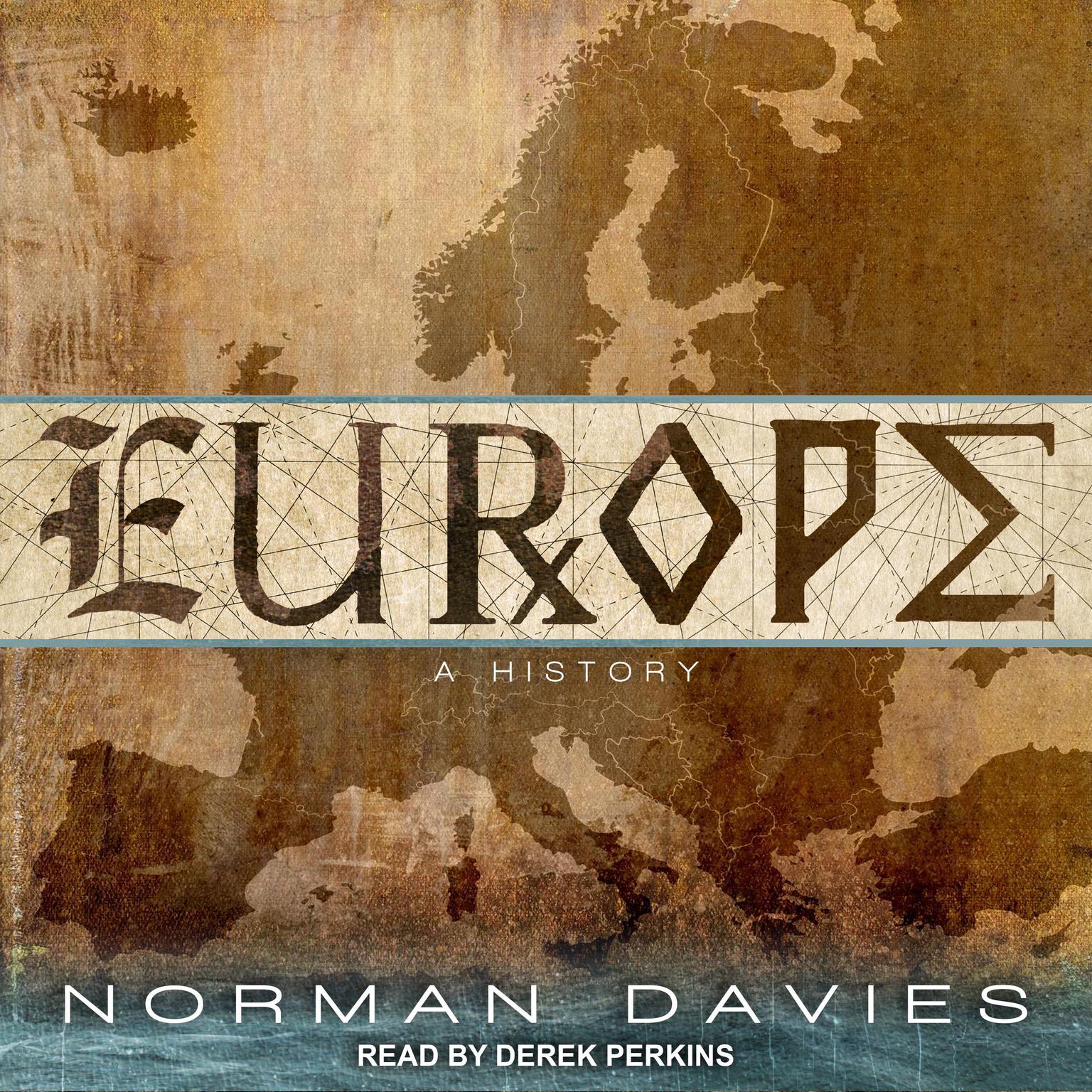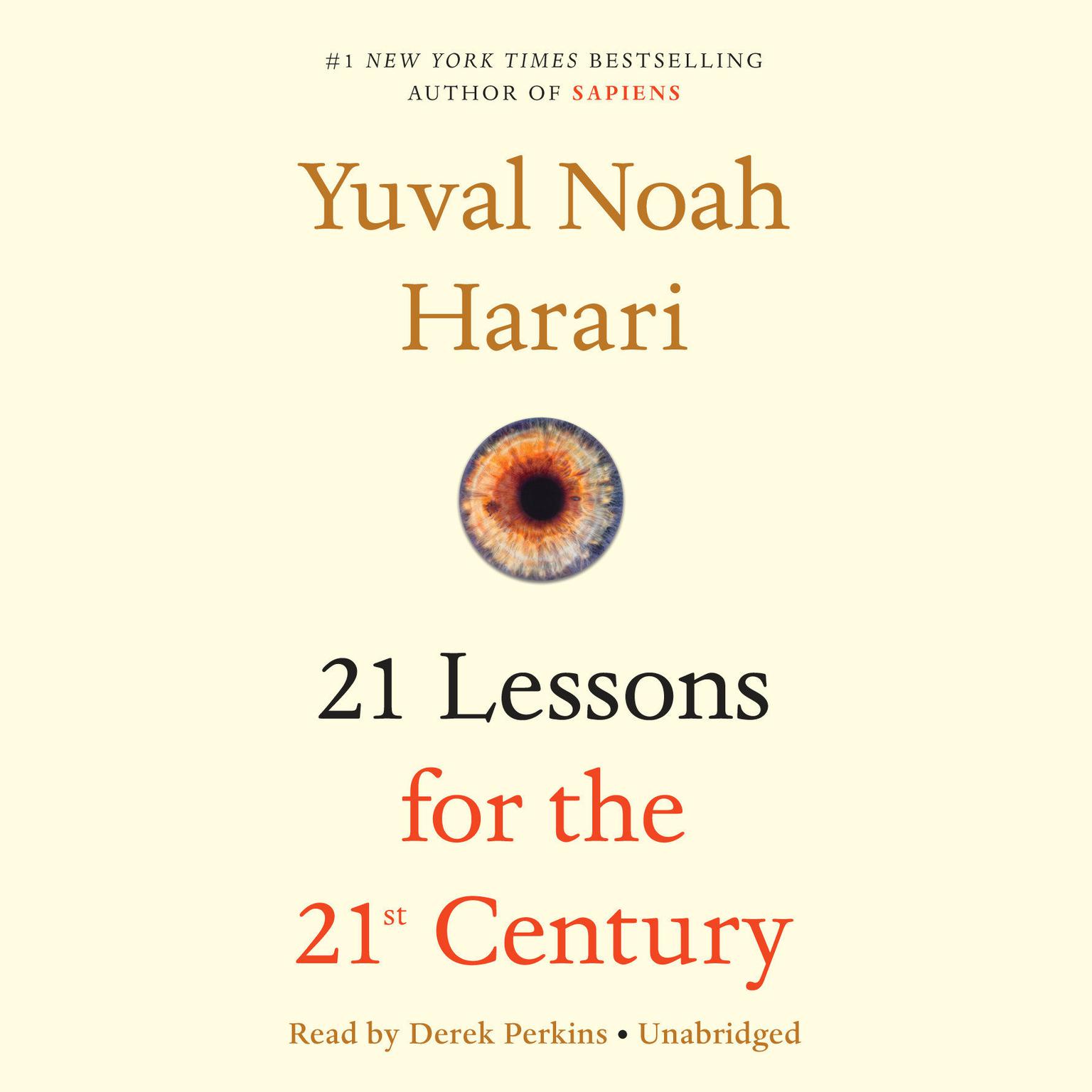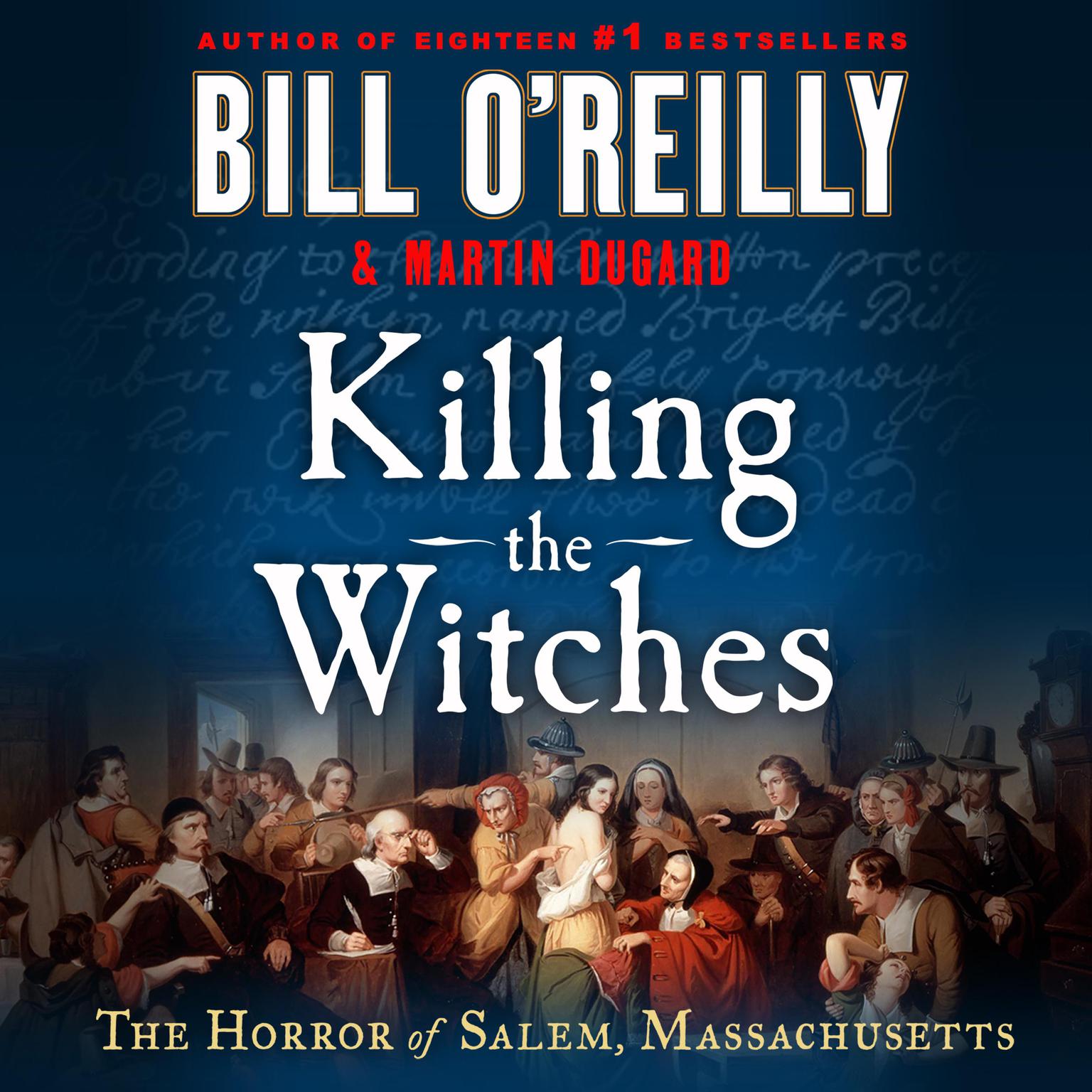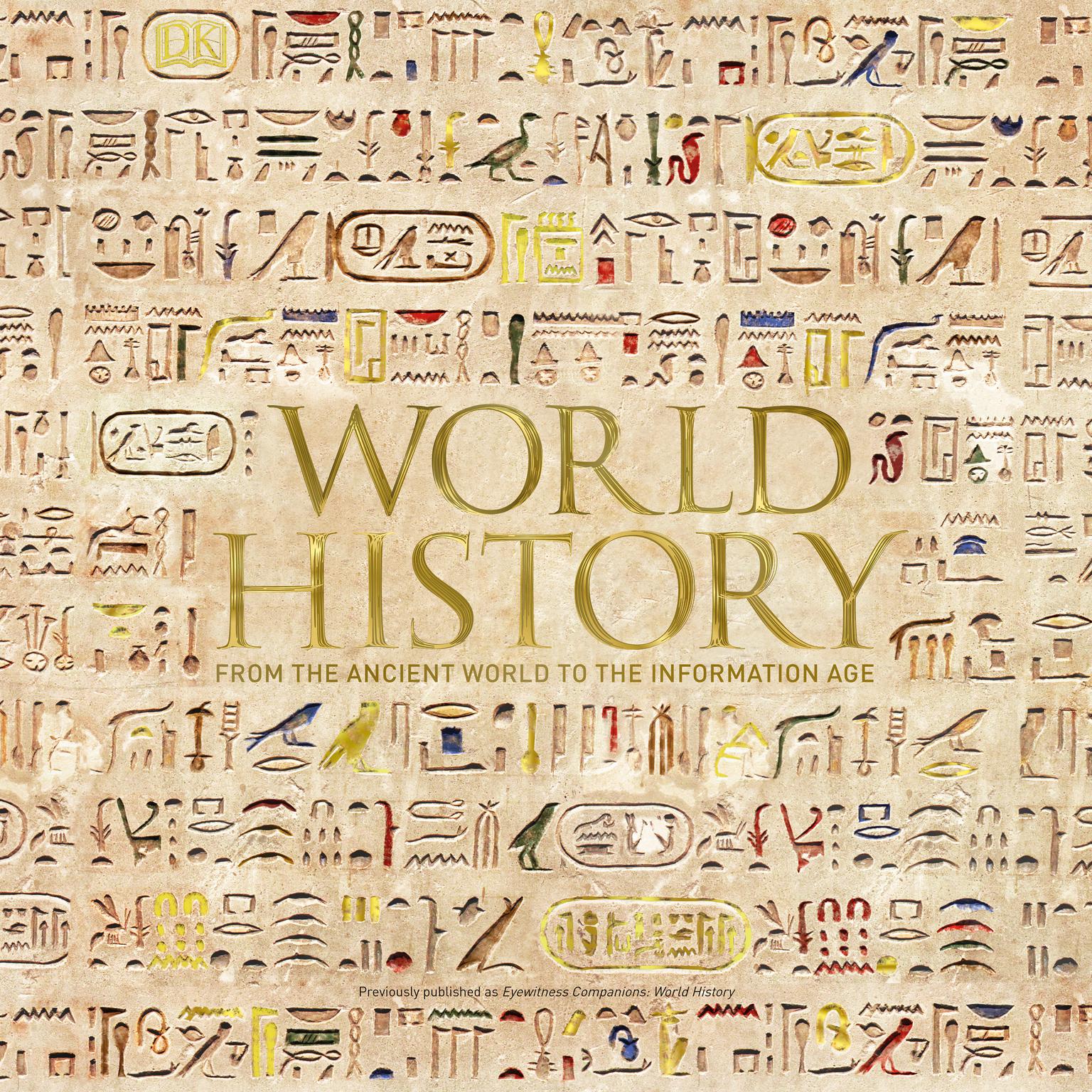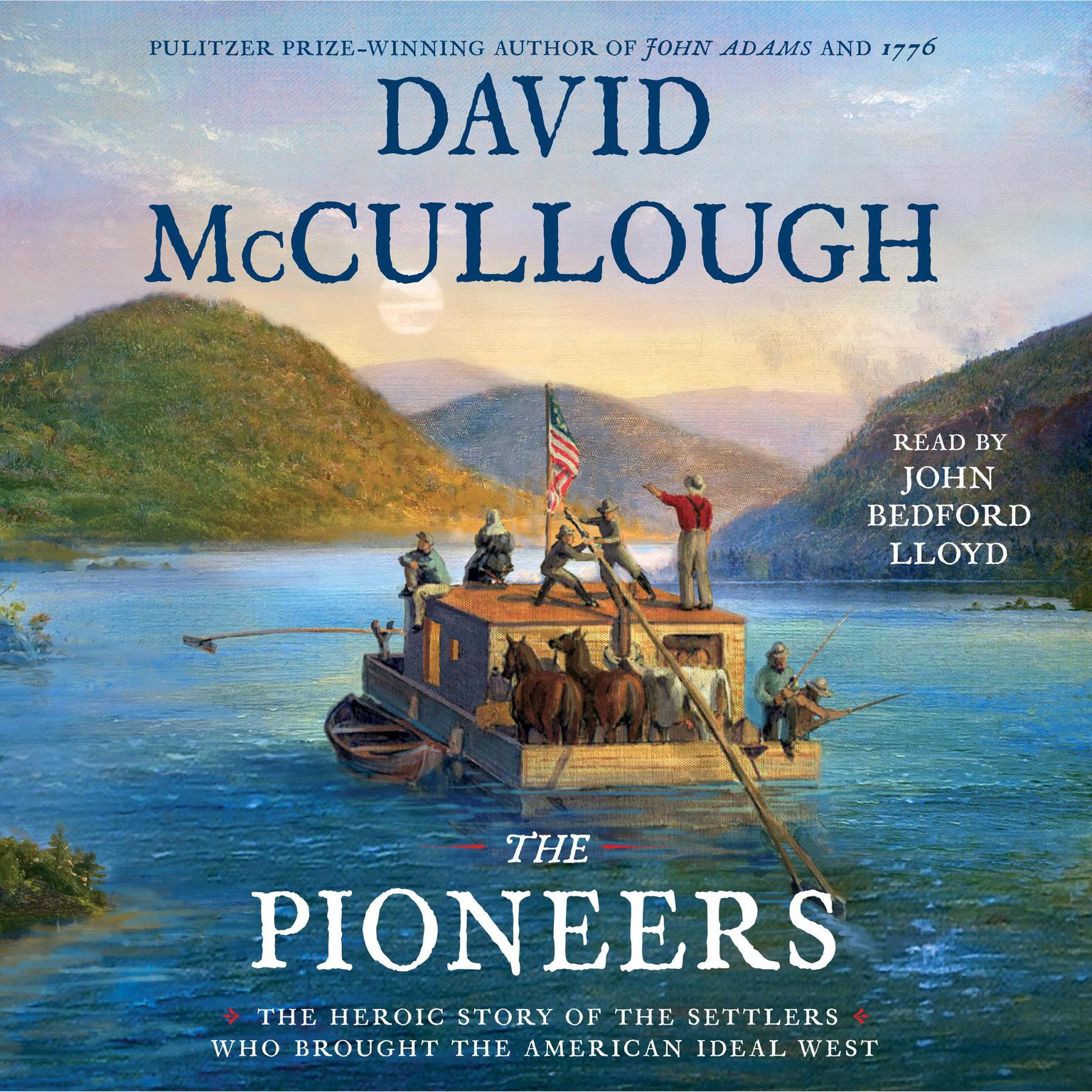Publisher Description
The stunning story of the breathtaking journey of nine extraordinary men from Budapest to the New World, what they experienced along their dangerous route, and how they changed America and the world.
In a style both personal and historically groundbreaking, acclaimed author Kati Marton (herself born in Budapest) tells the tale of their youth in Budapest’s Golden Age of the early twentieth century, their flight, and their lives of extraordinary accomplishment, danger, glamour, and poignancy.
Marton follows these nine over the decades as they flee fascism and anti-Semitism, seek sanctuary in America and England, and set out to make their mark. The scientists Leo Szilard, Edward Teller, and Eugene Wigner enlist Albert Einstein to get Franklin Roosevelt to initiate the development of the atomic bomb. Along with John von Neuman, who pioneers the computer, they succeed in achieving that goal before Nazi Germany, ending the Second World War, and opening a new age.
Arthur Koestler writes the most important anti-Communist novel of the century, Darkness at Noon. Robert Capa is the first photographer ashore on D-Day. He virtually invents photojournalism and gives us some of the century’s most enduring records of modern warfare.
Andre Kertesz pioneers modern photojournalism, and Alexander Korda, who makes propaganda films for Churchill, leaves the stark portrait of a post war Europe with The Third Man, as his fellow filmmaker, Michael Curtiz, leaves us the immortal Casablanca, a call to arms and the most famous romantic film of all time.
Marton brings passion and breadth to these dramatic lives as they help invent the twentieth century.
Download and start listening now!
“(Alexander Korda, Michael Curtiz, Arthur Koestler, Robert Capa, Andre Kertesz, Leo Szilard, Edward Teller, Eugene Wigner and John von Neumann) To be honest I know next to nothing about Hungarian history, but I found this group of men fascinating. Each one was driven and brilliant, but important for this story, and for the events of World War II, they were politically sophisticated and very pessimistic about the fate of Jews in Europe. As a group they were not so much forced out of Europe as they were quick to leave before the communists or fascists took over. Hungary had a very early taste of Soviet communism and police state fascism just after World War I. Years before the Germans experienced hyper inflation, when Hitler was almost unknown, Hungary’s governments in 1919 revealed the disturbing possibilities of the two great political systems that would mark the 20th century.”
—
Julie (4 out of 5 stars)
